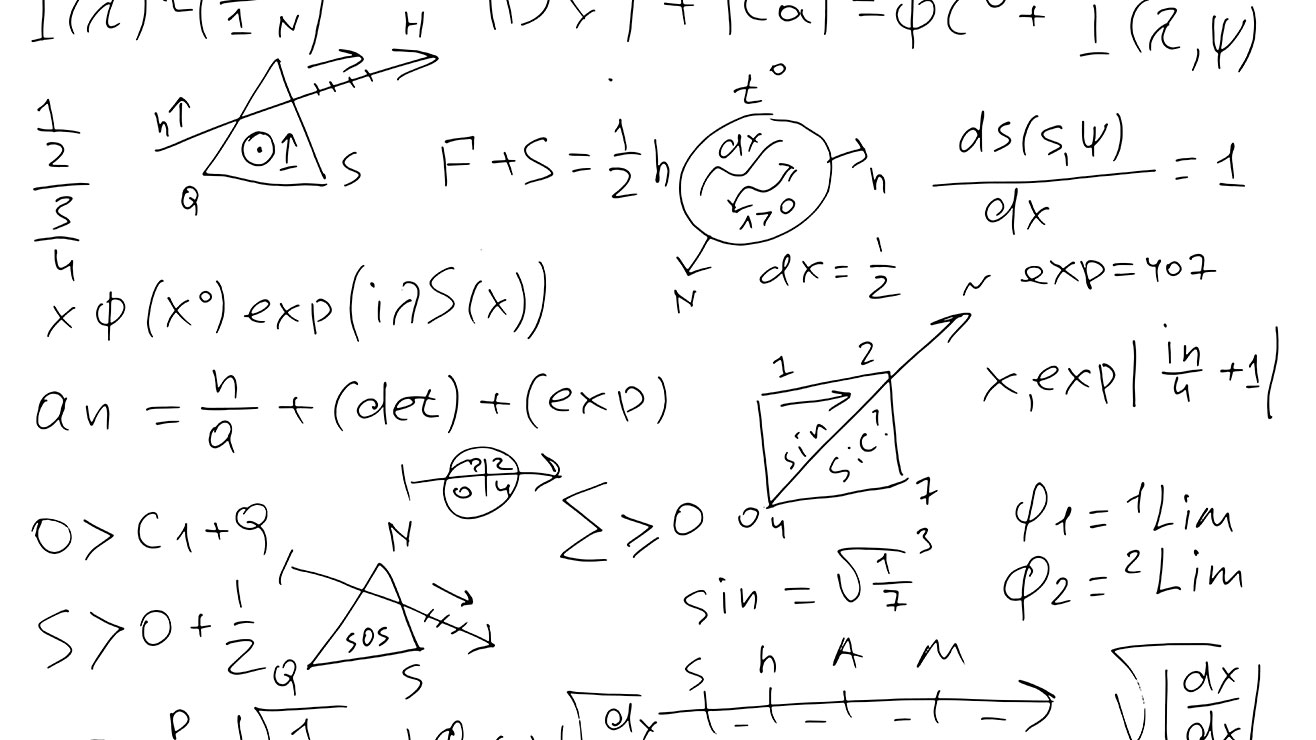10 Ways to Green Your Spending

Fair is Fair
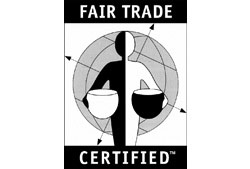
As our parents were only too eager to point out, life isn't fair. Buying fair-trade-certified products, however, helps ensure that impoverished third-world producers pocket their rightful share of the profits, not watch their hard-earned funds get whittled away by predatory middlemen. Coffee and tea are the flagship products of the fair-trade movement, so you'll never want for options in that department—just look out for the little fair-trade symbol on the packages.
Call Pesticide Control
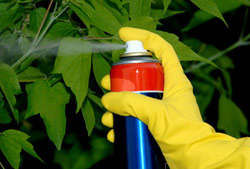
Implicated in everything from Parkinson's disease and infertility to brain damage and cancer, pesticides and other synthetic chemicals aren't just bad news for roving creepy crawlies, they're a threat to every single one of us. Each year, pesticides unintentionally kill at least 67 million birds in the United States, by some estimates, as well as sending between 25 million and 77 million agricultural workers worldwide to the hospital. Mysterious bee deaths might be related to pesticides, according to a recent report. Flush these industrial pollutants from your home, body, and environment by choosing natural, non-toxic, and equally effective methods of cleaning and bug control. Favoring organically grown food and textiles will also help give these chemical nasties the old heave-ho they deserve.
The Color of Money
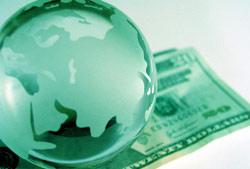
Invest in your financial future-and your planet- by choosing socially responsible banks, money markets, and mutual funds. By aligning your personal, societal, and environmental concerns with your investment decisions, you can tuck away your nest egg while making a palpable difference in the world. Hey, $2.29 trillion in do-gooding assets in the United States can't be wrong.
Stay Conscious

You can vote with your dollars by refusing to hand over your wallet to companies whose actions and policies you consider unethical or environmentally destructive. Consumer buying patterns can result in industry changes, as demonstrated in 1998 by U.S. parents who boycotted teething rings and pacifiers containing toxic pthalates. Although the manufacturers were already aware of the dangers posed by the industrial compounds, it was consumer pressure—and not science—that finally led them to change their formulations.
Greenwasher? I Hardly Knew Her!

Just because a company lauds its green credentials, doesn't mean there isn't any corporate chicanery going on. Based on mostly smoke and mirrors, greenwashing is a popular marketing strategy meant only to empty the pockets of the increasingly eco-aware, without implementing any significant changes in policy or behavior. Learn to look beyond the party line to weed out the hucksters. Often, a little background research goes a long way.
Less is More

It may be a material world, but ask yourself if you really need something before you hand over your credit card for yet another financial workout. Because our ravenous need to consume continues to outstrip nature's ability to replenish its resources, we're building up a whopper of an ecological debt. (If all six billion people in the world consumed the way the average American did, we'd need four more additional Earths to supply all the necessary energy, water, and raw materials.) The consequences: Species extinction, crop failure, water shortages, iffy energy supplies, and -oh, yeah-catastrophic climate change. Overconsumption isn't just an ecological issue, but it's also one involving social justice. By gorging on more than our share of the world's resources, industrialized nations are diverting food, clothing, and other necessities from communities in greater need.
Don't Almost Give

This one might be a tad obvious, but support the charities and non-profit organizations that are actively fighting the good fight. Your donation is likely tax-deductible, and you can sleep a little easier knowing that you're pulling your weight. Altruism may be its own reward, but we're also all in this together.
Get the world’s most fascinating discoveries delivered straight to your inbox.
Offset Your Life

Whether it's a long-haul flight or your everyday PC use, you can purchase renewable energy credits (also known as carbon offsets) to "nullify" your personal greenhouse-gas emissions. These credits go towards financing renewable energy projects (usually involving solar or wind power) or the planting of trees to compensate for the extra heat-trapping carbon you've released into the atmosphere. Offsetting isn't an excuse for a high-polluting, jet-setting lifestyle, however—you should rein in your own consumption before you start trying to make amends.
Just Say No

Just when you thought smoking couldn't get any worse, it does. Besides puffing their lives away while tobacco bigwigs roll around naked in filthy lucre, smokers are also responsible for the 4.5 trillion cigarette butts that are flicked onto the sidewalk each year, or 50 percent of all litter in the world annually. Those carelessly discarded butts contain 4,000 chemicals, such as hydrogen, cyanide, and arsenic, which persist in the environment long after the filters have disintegrated. Because many cigarette butts get flushed down storm drains, by rain or other water runoff, before a street cleaner can clear them, they often wind up in rivers and oceans, where they're mistaken by marine mammals and birds as food. Once swallowed, the butts block intestinal tracts and air passages, causing many of these animals to starve to death.
Second Time Around
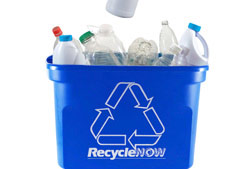
There's hardly any point in recycling if you don't shell out for recycled goods, as well. And we're not just talking about recycled paper, either: These days, you'll be able to find the born-again counterparts of aluminum foil, plastic patio furniture, glassware, cotton textiles—even purses made from repurposed sailcloth and burned-out tires. In addition to reducing pollution and saving landfill space, recycling conserves both energy and resources giving used aluminum a second chance, for instance, takes 95 percent less energy than extracting virgin aluminum from bauxite ore.


